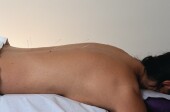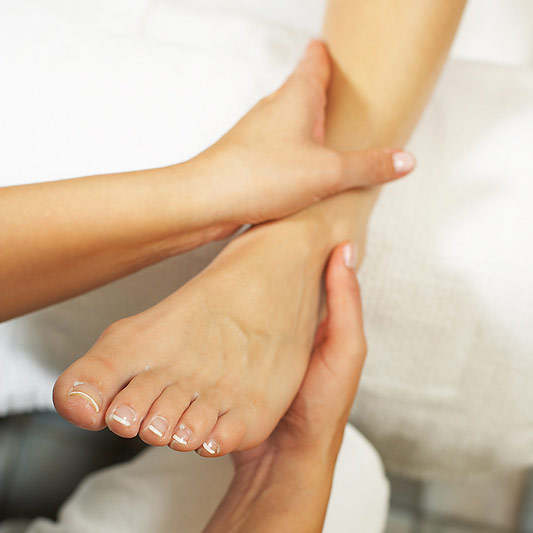
WEDNESDAY, Oct. 16 (HealthDay News) — A growing number of lawsuits over damage from skin laser treatments are tied to procedures done outside of medical offices and by non-doctors, a new study finds.
“This does not shock me,” said Dr. Robert Murphy, president of the American Society of Plastic Surgeons. “We encourage the consumer to know who their physician is and know what their qualifications are as a basic requirement for entering into any treatment.”
Lead study researcher Dr. Hrak Ray Jalian, who’s with the division of dermatology at the University of California, Los Angeles, said these procedures can cause harm if not done correctly.
“With this in mind, patients should know the qualifications, certifications and experience of the individual performing their procedure,” Jalian said. “Because of the lack of uniform regulations, just because a person is legally able to provide the service doesn’t mean they are necessarily qualified to do so.”
Given the increasing number of laser procedures being done, Jalian said he expects the number of lawsuits related to these procedures by untrained people to increase as well.
The report was published Oct. 16 in the online edition of the journal JAMA Dermatology.
These procedures often are done by people employed by doctors’ offices or in other so-called medical facilities, Murphy said. “But they operate in an independent fashion, either not under the direct supervision of a physician or acting independently in spas or the like,” he said.
The powerful lasers used for these treatments can cause skin burns and cell damage when used by poorly trained people, Murphy said.
For the study, Jalian’s team used data from an online U.S. database of public legal documents to identify the number of lawsuits related to skin laser surgery not done by doctors.
The researchers found 175 cases filed from 1999 to 2012. Of these, 75 involved a laser skin procedure not done by a doctor.
Since 2008, the number of lawsuits involving treatment by practitioners other than doctors has risen from about 36 percent of all cases to nearly 78 percent in 2011, the researchers said.
“Another interesting trend was that many of these cases that resulted in lawsuits were performed outside of a traditional physician’s office, such as in so-called ‘medical spas’ — 64 percent of the total cases, and roughly 80 percent of the cases from 2008 to 2012,” Jalian said.
Dr. Jeffrey Salomon is an assistant clinical professor of plastic surgery at Yale University’s School of Medicine. He said that “because medical-grade lasers and intense pulsed light has the potential to harm patients, they are considered prescription medical devices and are therefore subject to [U.S. Food and Drug Administration] statutes and state medical board regulations to ensure that the devices are sold and used by physicians, dentists, podiatrists, optometrists or veterinarians.”
These regulated devices must be used under the supervision of doctors, but state laws vary on how “supervision” is defined, he said.
“Some require a doctor on premises, others do not,” Salomon said. “The state laws also vary regarding acceptable personnel that can be supervised and the amount of training required for those non-physician operators. Physician assistants, nurse practitioners, registered nurses and physical or occupational therapists qualify in almost all states. In some states that may include medical assistants, aestheticians, cosmeticians and nail technicians.”
In the study, the most common laser procedure done was hair removal. And although one-third of those procedures weren’t done by doctors, they accounted for 75.5 percent of cases from 2004 to 2012 and 86 percent of cases between 2008 and 2012, the researchers found.
Generally, laser hair-removal devices are considered by the FDA as class 2, or medium-strength, devices, Salomon said. “But treating a patient or a client with any type of light energy can cause permanent damage simply when too much light energy is administered to a given area of skin,” he said.
Darker skin absorbs significantly more light energy than light skin, so for any given level of laser energy, darker skin will get quite a bit hotter than light skin. “The hotter the skin, the greater the risk of burn or scar formation,” he said.
In addition to hair removal, lasers are used to resurface skin and lessen wrinkles, as well as remove spots and other skin discolorations, Salomon said.
Lasers also can result in damage to eyes if proper precautions and safety rules aren’t followed, he said.
“A certificate indicating proof of training on the laser should be readily provided on demand when a patient wants to check the credentials of the user of the laser,” Salomon said. “Always look for an experienced laser provider who is also comfortable treating your specific skin type.”
More information
For more about cosmetic laser procedures, visit the American Society of Plastic Surgeons.
Copyright © 2026 HealthDay. All rights reserved.

